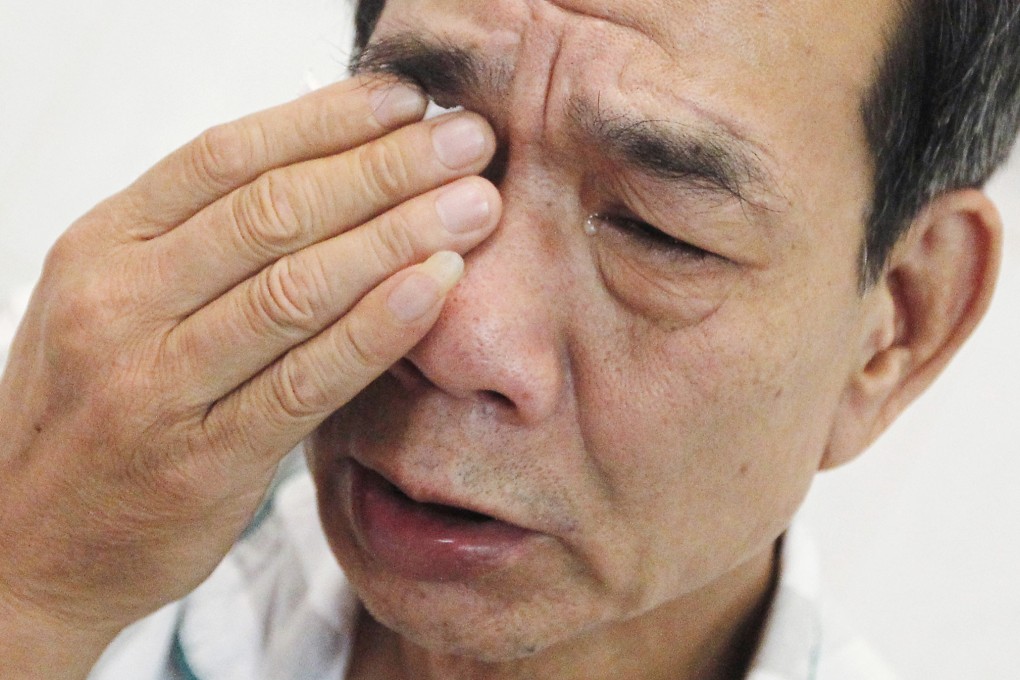Chinese public starting to shun government 'shame parades'
Chang Ping notes the show of support for arrested anti-corruption activist Ou Shaokun

Ou Shaokun has made a name for himself in China's lively social media scene with his relentless exposure of official misuse of government cars. He takes photos of these cars, posts them on his widely followed Weibo account, then reports the abuse to the authorities. Ou, who is in his 60s and widely known as "Uncle Ou of Guangzhou", is said to be "more famous than the mayor".
He has become even more famous in recent days. In Hunan two weeks ago, he uploaded photos of two cars he said were government vehicles being used for private purposes. Soon after the posts were published, Changsha police arrested and detained him for five days for allegedly soliciting a prostitute. His detention notice was leaked and posted online.
Before Ou's arrest, another social media celebrity who was also caught for allegedly soliciting prostitutes was Charles Xue Biqun, known as Xue Manzi to his nearly12 million followers on Weibo. The Chinese-American investor, who resides in Beijing, was a celebrity microblogger known for his criticism of the government. In August 2013, he was arrested by Beijing police on suspicion of soliciting prostitutes. His "crime" was repeatedly broadcast on television even though he was not formally charged. So was his "confession".
The Xue case marked the beginning of a government crackdown on celebrity microbloggers. The government has tightened its control of the media and public opinions, so Weibo can no longer be freely used to expose government misdeeds. Meanwhile, dissidents Xu Zhiyong and Ilham Tohti have been jailed, and journalist Gao Yu , lawyer Pu Zhiqiang and activist Guo Yushan have been detained for some time now.
Few doubt Xue's postings were what landed him in trouble. In a Weibo posting, Hu Xijin, editor-in-chief of Global Times, conceded that the possibility could not be ruled out that Xue was framed by officials, and the charge of soliciting prostitutes was bogus. However, he said all governments attack their political foes using sex scandals or allegations of tax dodging.
The government has also adopted a new tactic of getting those detained to "confess" their "crime" in public.